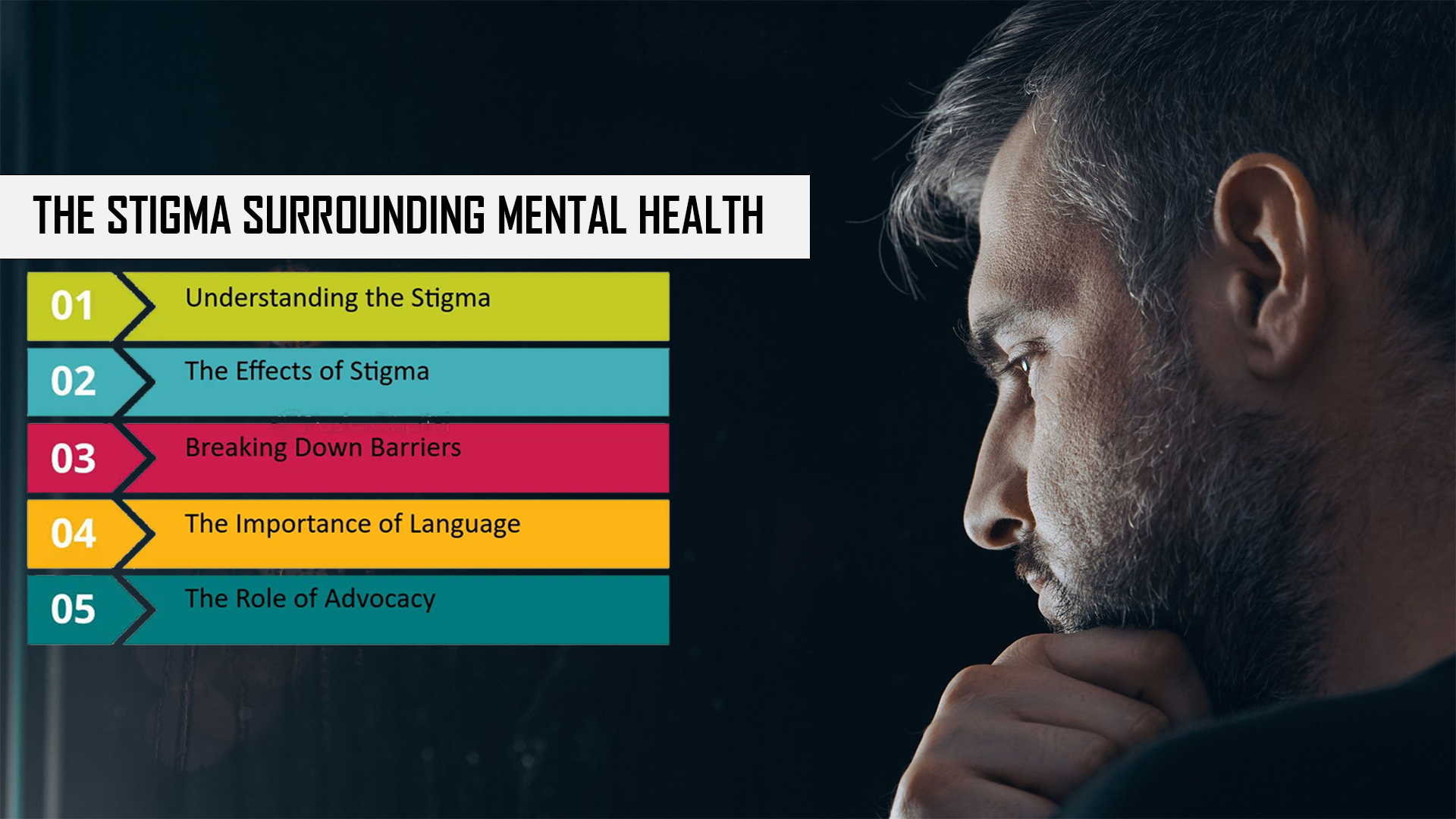Comprehending Stigma in Mental Illness and Its Effect on People
Stigma in mental illness occurs when an individual has an unjust mindset or opinion about a person with mental fitness problems.
“Stigma” means a mark, a pigment, or a mess. Mental fitness stigma can ensue when someone stereotypes or marks an individual with cognitive fitness challenges based on their signs or disease.
Moreover, Individuals with mental diseases may encounter stigma. They are considered negatively, regaled differently, and created to discern embarrassment or shame about their cognitive disease. Stigma can also usher to prejudice at a job or in a social context, and this can cause harmful mental diseases.
Effect of Mental Health Stigma and Its Outcomes
Stigma is when somebody negatively considers you because you have a distinctive characteristic or unique feature thought to be, or is, a detriment (a harmful stereotype). Unfortunately, damaging mindsets and beliefs toward individuals with cognitive fitness issues are detrimental.
Stigma can usher to prejudice. Prejudice may be clear and explicit, such as someone making a gloomy statement about your cognitive condition or medicine. Or it may be unwilling or minute, such as someone evading you because the individual guesses you could be dangerous, fierce, or scary due to your cognitive condition. You may even evaluate yourself.
Some of the adverse effects of stigma can include:
- Unwillingness to desire asset or therapy
- Absence of familiarity by relatives, buddies, co-workers, or others
- Rarer possibilities for employment, academy, or social movements or risk encountering lodging
- Bullying, biological roughness, or harassment
- Fitness insurance that doesn’t sufficiently protect your mental illness medicine
- The thought that you’ll never achieve at challenges or that you can’t enhance your circumstances
Deadly Outcomes of Stigma on Mental Health and Well-Being
The development of stigma can be devastating. With stigma comes a lack of learning from others, which can be invalidating and heartbreaking, but stigma also maintains more results, including fueling anxiety, irritation, and discrimination against other individuals.
Individuals who are suffering from stigma are more likely to undergo:
- Unwillingness to seek out therapy
- Postponed therapy, which improves morbidity and mortality
- Social denial, release, and seclusion
- More harmful psychological well-being
- Insufficient awareness among buddies and relatives
- Harassment, roughness, or bullying
- Inferior grade of vitality, disability, and improved socioeconomic hindrance
- Improved sensations of remorse and self-doubt

Confounding Mental Health Stigma
However, confounding stigma is not painless, but there are actions that you can bear to negotiate with hostile perspectives about cognitive fitness situations. There are some items that you can do to support action, both social stigma and self-perceived stigma about mental disorders.
Helpful Measures to Control Harmful Perceptions
Moreover, Individuals with cognitive disease and their relatives can take measures to assist in managing the stigma:
Determining Who to Transmit Mental Health Information With
Moreover, you can select whom to tell about the mind condition — just as you can with any other individual or personal details — and what to communicate to them.
Common Mental Health Issues Confronted by Many
Many individuals manage similar concerns. Individuals generally work with sadness, tension, substance abuse, and different cognitive conditions.
Secure and Influential Mental Health Treatments Are Available
Secure, practical, and psychotherapeutic remedies are general. As a consequence, many people with cognitive disease relish adequate dynamism.
Helming Challenges in Mental Health Treatment
Cognitive fitness medicine can be demanding, as individuals usually ought to be forbearing in pushing new medicines, managing with side products, and discovering new conducts. However, allowing your loved one to discern correctly about them or themselves is necessary.
Reducing Social Isolation Due to Mental Health Stigma
However, Social seclusion can be a harmful side impact of the stigma attached to mental illness. Seclusion and leaving to participate in exercises you or your loved one wants to put you at increased gamble for unhappiness and burnout. Take a chance and try recent movements in your residents.
Recognizing Anxiety Disorders
Further, everyone encounters stress and anxiety at moments – these are standard and valuable human feelings that allow us to negotiate with risk. However, some individuals encounter extreme and unreasonable fears and anxieties that become constant and painful. It may reveal an anxiety condition. Further, there seems to be no apparent or analytical justification for the form the individual judges. It may make an anxiety condition even more worrying to the sufferer.
Misbeliefs and Delusion About Anxiety Condition
- An anxiety disease is not a medical disorder.
- An anxiety condition is a symbol of individual deficiency.
- Individuals with an anxiety condition could burst out of it if they desired to.
- Individuals with an anxiety condition should be embarrassed of themselves.
- Individuals with anxiety condition do not make appropriate workers.
- Individuals with an anxiety condition are dangerous.
- Individuals with an anxiety condition are just sluggish.
- Individuals with an anxiety condition are a threat to others.
- Individuals with anxiety disease are self-centered.
